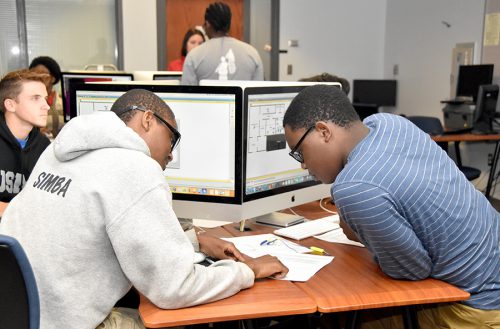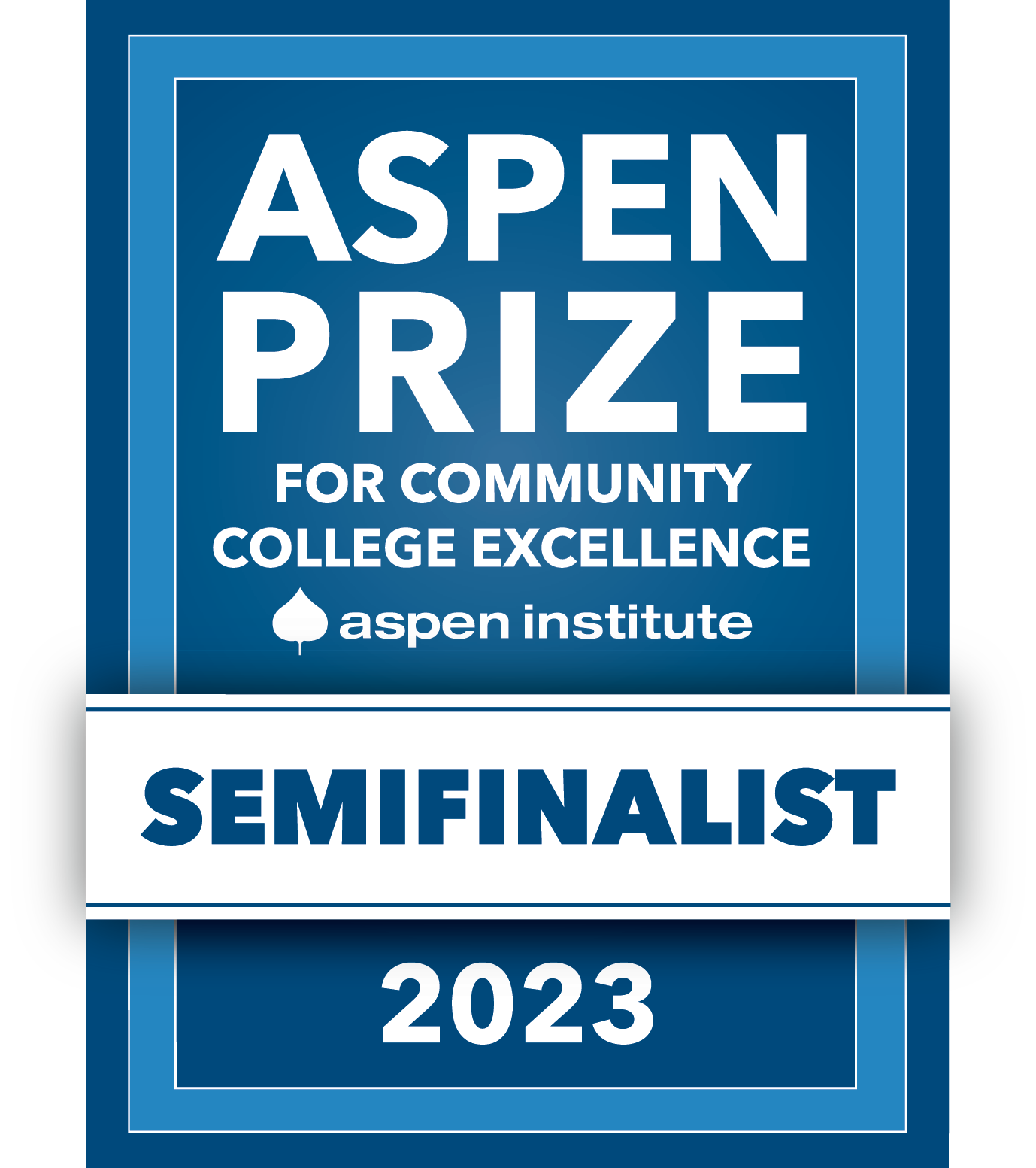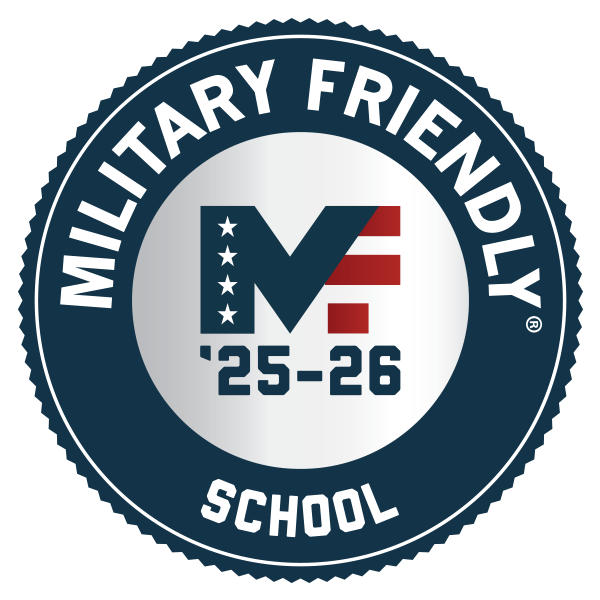Information Technology Programs Offer:
-
Flexibility in scheduling and program planning
- Many courses offered online, on campus, or in a hybrid format
- In-depth study of application software, including but not limited to, word processing, spreadsheet, charting, and database management
- Internet skills including information retrieval and Web page design
- Skills needed to design, build, secure, and maintain local area network (LAN) environments
- PC hardware, software, security, and network troubleshooting techniques
- Leading industry-standard certification preparation based on availability for CompTIA (IT Fundamentals, A+, Network+, Security+, Project+, PenTest+), Microsoft Office Specialist (Word, Excel, PowerPoint, Access), Intuit (QuickBooks), and CISCO (CCNA Routing and Switching)
Highlights:
- Information systems analysis and design
- Computer and mobile device forensics
- Computer programming principles, including program design, file and data management, and graphical user interface design
- Data communications and networking concepts
- Business management, business ethics, human relations, and accounting skills
- Problem solving and critical thinking skills development
Choosing Your Program:
You may earn an Associate in Science (A.S.) degree and College Credit Certificate (C.C.C.) by completing SFSC’s Information Technology programs. Choose the degree or certificate program that helps you accomplish your employment and educational goals.
Associate in Science Degrees
Associate in Science (A.S.) degree programs provide students with a fundamental education in specific areas of skill and knowledge. A.S. degrees take approximately two years to complete. Students learn essential skills that qualify them for employment, and they earn college credits that are accepted by many bachelor’s degree programs. The credits earned through these A.S. degrees can be transferred to SFSC’s Bachelor of Applied Science degree in Supervision and Management (BAS-SM). Because other colleges have their own admission requirements, make sure you verify that the bachelor’s degree program you plan to enter will accept your SFSC credits.
College Credit Certificates
College Credit Certificate (C.C.C.) programs are short-term options for students who want to learn skills they can use to find immediate employment while also earning college credits that can be applied to an A.S. degree. C.C.C. programs take approximately one year to complete and focus heavily on mastering specific skills.
Careers:
- IT Security Specialist/Administrator
- Cybersecurity Analyst, Architect, Auditor
- Penetration Tester/Ethical Hacker
- PC and Mobile Device Forensics Analyst
- Computer Systems Analyst/Administrator
- Computer Support Specialist
- IT Help Desk User Support Technician
- Mobile Device Support Specialist
- IT Project Manager
-
Computer Support Technician
-
Entry Level Computer Programmer
-
Internet/Web Design Assistant
-
Network Administrator, Engineer, Support Technician
-
Network Security Specialist/Technician
-
Software Applications Specialist
Contact:
Jennifer Groves
Chair, Business and Computer Technologies
PHONE: 863-784-7136
grovesj@southflorida.edu




